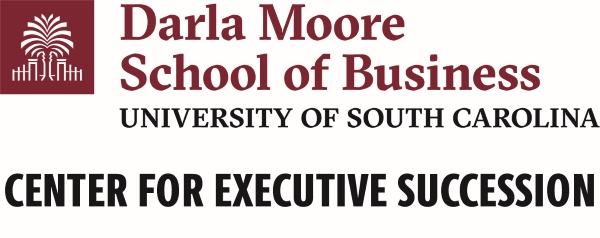Document Type
Report
Abstract
Over the past two years researchers in the Center for Executive Succession have conducted interviews with CEOs, former CEOs, board members, and CHROs regarding how they build their executive leadership teams (ELT) and accelerate those teams to become high-performing. In addition, the 2020 HR@Moore Survey of CHROs assessed a number of relevant characteristics of the CEO and the ELT. This report provides a summary of this multi-method research stream. First, the interviews reveal that CEOs must first build a team whose skill sets match the needs of the strategy and whose motivations prioritize the outcomes of the organization and the team over their own. Once in place, CEOs can accelerate the team’s performance by articulating a broader purpose than just financial returns and working to create a culture and values that engage the team and the organization. They also must articulate a clear strategy and the values that will guide decision-making by team members, drive alignment to the strategy and values among the team members, and ensure that incentives promote behaviors that foster alignment and drive support for the strategy. The CEO must also constantly evolve the team as the strategy changes, and listen to the advice and counsel provided by board members. Second, the 2020 survey assessed a relatively new characteristic known as CEO Generativity, a characteristic described as a focus on developing and enhancing the vitality of the next generation and a desire to leave one’s own contributions in capable hands. We found that high Generativity CEOs had more diverse, cohesive and inclusive ELTs. They also were more engaged in the CEO succession process and had driven more diverse talent pipelines for senior operating roles.
Publication Date
2020
Disciplines
Business
Copyright
© 2020, University of South Carolina
Publication Info
2020.


